Game-Changing Insights: AI in Sports Analytics in 2023
Table of Contents
Introduction
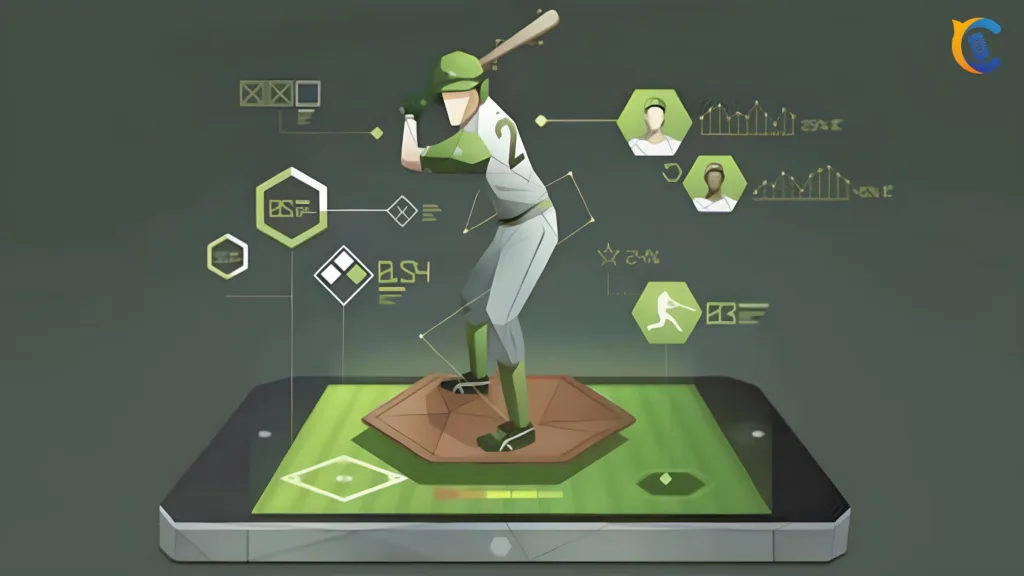
Game-Changing Insights: AI in Sports Analytics: In the exhilarating arena of sports, an intriguing union has been forged between artificial intelligence (AI) and the age-old domain of analytics. This powerful merger is propelling the way athletes perform, coaches strategize, and fans engage with their favourite games. As we navigate this thrilling landscape, we’ll delve into the transformative influence of AI in sports analytics, exploring how cutting-edge technology is rewriting the playbook for success.
Evolution of Sports Analytics

- From Gut Feelings to Data-Driven Insights: In the not-so-distant past, sports decisions were often guided by gut feelings and hunches. Today, AI-driven analytics reign supreme, revolutionising how we comprehend and dissect every move on the field. This evolution highlights a shift from subjective to objective decision-making, with data acting as the compass navigating teams towards victory.
- A Brief History of Sports Analytics: The roots of sports analytics trace back to the early 20th century, but it was only in recent decades that it gained significant traction. From basic statistical analyses to intricate models, the journey of sports analytics mirrors the broader technological advancements that shape our world.
The Role of AI in Sports Analytics

- Enhancing Performance Analysis: AI lends its prowess to dissecting player performance with unparalleled precision. Its algorithms scrutinise every dribble, pass, and shot, enabling coaches and athletes to uncover subtle patterns that could spell the difference between triumph and defeat.
- Real-time Data Processing and Visualisation: Gone are the days of post-game number-crunching. AI processes data in real-time, transforming it into visually captivating insights that coaches can use to make split-second decisions. This real-time advantage gives teams an edge in responding swiftly to changing game dynamics.
- Injury Prevention and Management: AI’s role extends beyond the realm of play with its ability to predict and manage injuries. By analysing biometric data and tracking player movements, AI identifies stress points, enabling trainers to tailor workouts and recovery regimens for peak physical well-being.
- Fan Engagement and Experience: Fans are no longer just spectators; they are active participants in the game’s narrative. AI-driven fan engagement strategies personalise content delivery, offering immersive experiences that deepen the emotional connection between fans and their teams.
Advanced Data Collection Techniques

- Sensor Technology Revolution: The proliferation of sensors in sports equipment and arenas has sparked a revolution in data collection. From tracking ball trajectory to gauging player acceleration, sensors provide a treasure trove of information that AI gobbles up to generate insights.
- Wearables and Biometric Data Integration: Athletes adorned with wearables are akin to walking data mines. Heart rates, sleep patterns, and even emotional responses contribute to a holistic picture of an athlete’s state, empowering coaches to optimise training routines and maintain peak performance.
- Computer Vision in Tracking Player Movements: Computer vision’s gaze is fixed on player movements. By analysing video footage, AI uncovers intricate positioning data, enabling teams to understand player interactions, anticipate rival strategies, and devise countermeasures.
Machine Learning Algorithms in Action

- Predictive Modelling for Game Outcomes: Machine learning algorithms take centre stage in predicting game outcomes. By sifting through historical and real-time data, these algorithms forecast the likelihood of victory, empowering coaches to tailor game strategies accordingly.
- Player Performance Forecasting: AI’s crystal ball extends to predicting individual player performances. From shooting accuracy to defensive prowess, these insights help coaches allocate resources and make informed decisions about player rotations.
- Strategic Decision Support for Coaches: Coaches are no longer solitary tacticians. AI serves as their counsel, presenting strategic alternatives based on exhaustive analyses. This symbiotic partnership elevates decision-making to a harmonious blend of human wisdom and AI-powered insights.
Stay tuned for the continuation of this article, where we will explore AI-driven game strategy, injury prevention, fan engagement, ethical considerations, limitations, and the collaborative future of AI and human prowess in sports analytics.
AI-Driven Game Strategy
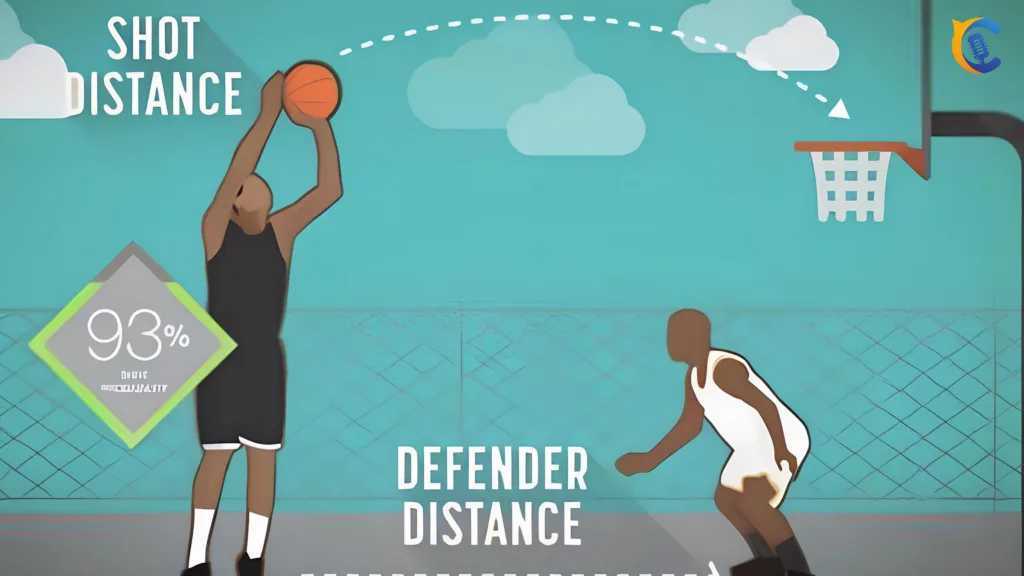
- Uncovering Opponent Patterns and Weaknesses: AI’s analytical prowess extends to dissecting opponents’ strategies. By scrutinising historical data, it identifies recurring patterns, enabling teams to exploit weaknesses and devise counterstrategies that keep adversaries on their toes.
- Adaptive Game Planning in Real-Time: In the heat of the game, AI doesn’t falter. It adapts and evolves game plans on the fly, reacting to unfolding scenarios with lightning speed. Coaches can fine-tune strategies in real-time, optimising plays based on dynamic circumstances.
- Simulating Scenarios for Strategic Insights: AI serves as a virtual playground for coaches, simulating countless game scenarios to uncover optimal strategies. This digital experimentation grants teams a preview of potential outcomes, aiding in crafting foolproof game plans.
Injury Prevention and Player Management

- Monitoring Fatigue and Stress Levels: AI’s vigilance doesn’t wane, even off the field. It monitors players’ fatigue and stress levels, alerting trainers to potential burnout risks. This proactive approach ensures athletes remain in peak condition throughout the demanding season.
- Identifying Injury Risk Factors: By sifting through mountains of data, AI identifies factors that correlate with injury risks. It factors in variables like playing surfaces, travel schedules, and even weather conditions to proactively mitigate potential hazards.
- Personalised Training and Recovery Plans: Gone are the generic training regimens. AI crafts personalised plans based on each player’s unique physiology and performance data. This tailored approach accelerates recovery and optimises training for enhanced results.
Fan Engagement Revolution

- Tailored Content Delivery: Fans are no longer passive observers. AI-curated content ensures they receive a personalised experience, from customised game highlights to tailored statistics that cater to individual preferences.
- Fantasy Sports and Betting Predictions: AI transforms the way fans participate in fantasy leagues and betting. It generates predictive insights that influence draft picks and betting odds, adding a layer of data-driven excitement to the spectator experience.
- Immersive Virtual Reality Experiences: Step into the shoes of your favourite athlete through immersive virtual reality (VR). AI-driven simulations allow fans to experience the intensity of the game firsthand, forging a stronger bond between the player and the spectator.
Ethical and Privacy Considerations
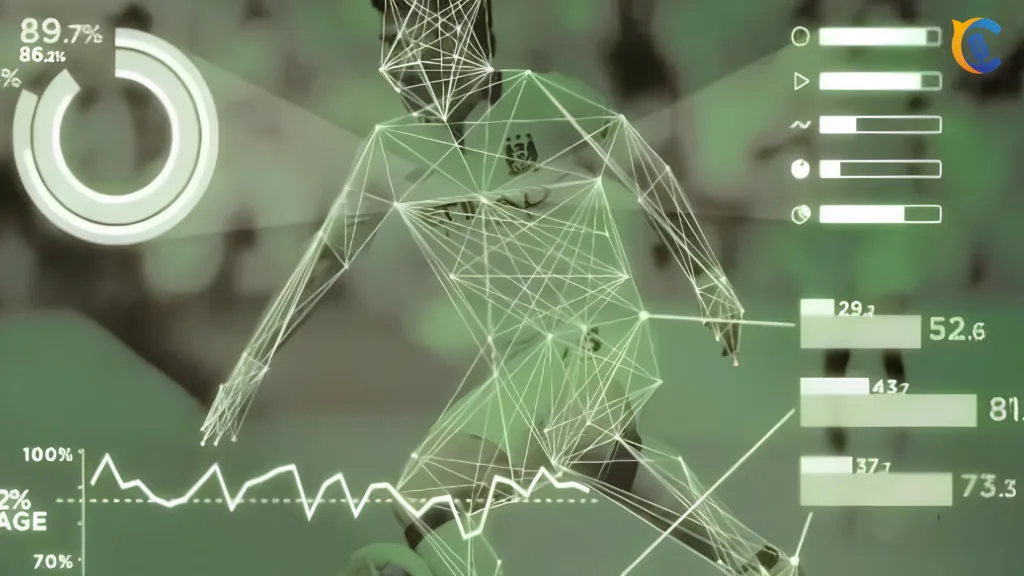
- Balancing Data Utilisation and Player Privacy: As AI delves deeper into players’ lives, striking a balance between data utilisation and individual privacy becomes paramount. Stringent safeguards must be in place to protect personal information while harnessing its potential.
- Fairness and Bias in AI-Driven Analysis: AI’s analytical prowess isn’t immune to biases. Vigilance is required to ensure that AI-driven decisions are fair and equitable, preventing the unintentional reinforcement of existing inequalities.
Limitations and Challenges
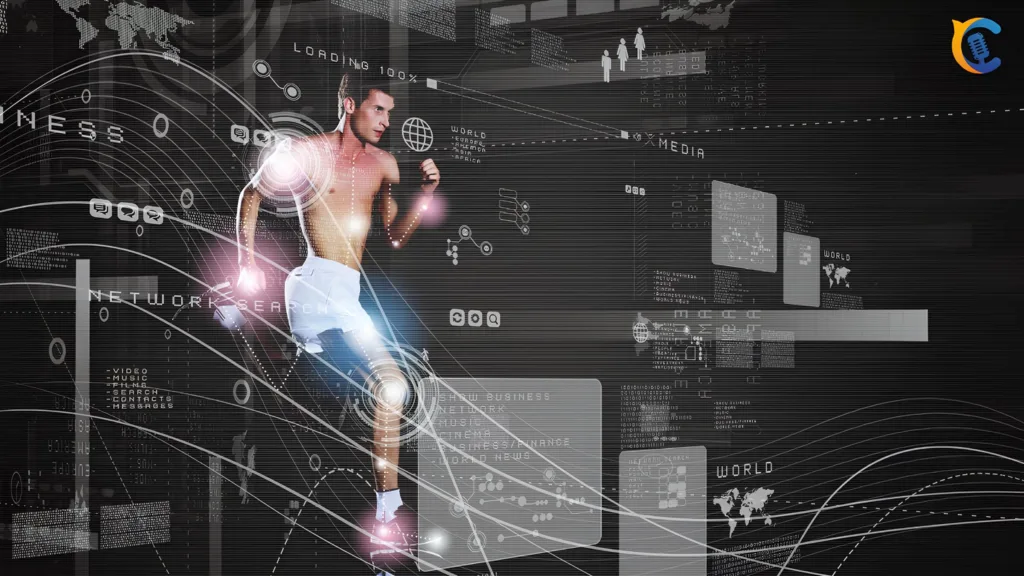
- Dealing with Incomplete and Noisy Data: AI’s omniscience has limits. Incomplete or noisy data can lead to skewed insights. Striking a balance between data volume and quality is essential to ensuring accurate analyses.
- Overreliance on AI and Human Expertise: While AI augments decision-making, it’s not a panacea. Human expertise remains indispensable, tempering AI’s recommendations with nuanced insights derived from experience and intuition.
Collaborative Future: Humans and AI
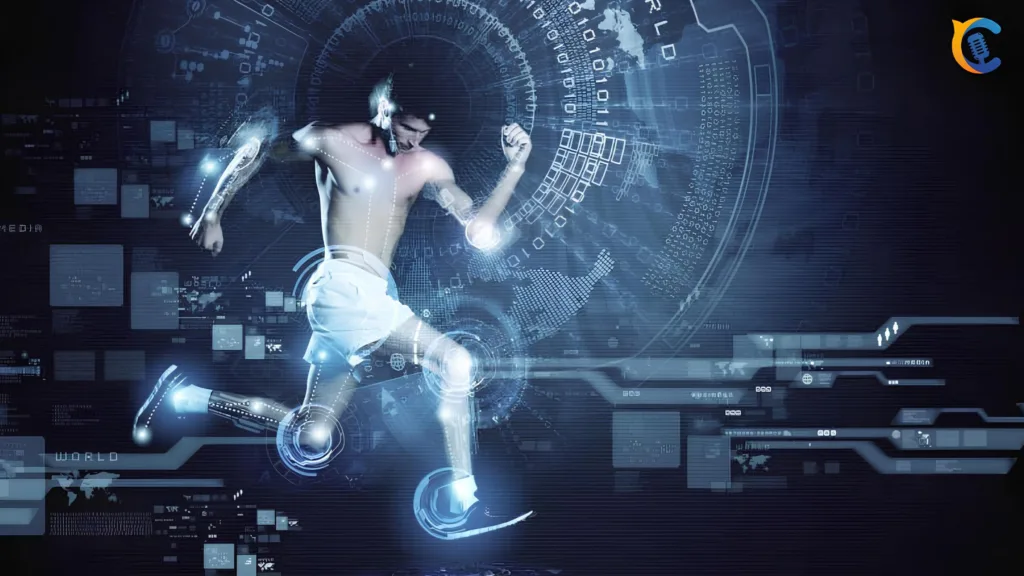
- AI as a Tool, Not a Replacement: AI’s ascent doesn’t spell the obsolescence of human roles. Rather, it positions humans as conductors, wielding AI as a powerful instrument to amplify intelligence and refine decision-making.
- Augmenting Human Decision-Making: The symbiotic relationship between humans and AI is poised to redefine the sports landscape. AI’s analytical prowess complements human intuition, paving the way for a new era of athletic excellence.
AI in sports Analytics: key facts
- AI revolutionises player performance analysis by offering real-time insights.
- Predictive algorithms enhance injury prevention and optimise training routines.
- AI-powered video analysis enables precise tactical assessments for teams.
- Fans enjoy enriched experiences with AI-generated stats and visualisations.
- Scouting and recruitment benefit from data-driven talent evaluation.
- AI-driven game simulations aid coaches in strategic decision-making.
- Refereeing decisions are supported by AI’s instant playback and accuracy.
- AI-generated personalised coaching tips to enhance individual player growth.
- Analytics-driven fan engagement strategies boost sports business revenue.
- AI transforms sports into data-driven enterprises, shaping future strategies.
Conclusion
As the final whistle echoes through the stadium, AI’s impact on sports analytics reverberates far beyond the field. It’s a revolution that has transformed the way we perceive, play, and engage with sports. With its ever-evolving capabilities, AI continues to rewrite the playbook, promising an exhilarating future where athletes, coaches, and fans converge in a realm of limitless possibilities. Click Here
- Arsenal team formation 2023: A Comprehensive Overview 2023
- Greece’s Epic Fight Against Devastating Wildfires
- NASA Shares First Images of US Pollution
- AIRCRAFT CRASHES IN AUSTRALIA’S NORTHERN TERRITORY DURING US MILITARY TRAINING EXERCISE
- Further Insights into the Top 20 US Cities with Highest Internet Usage


































